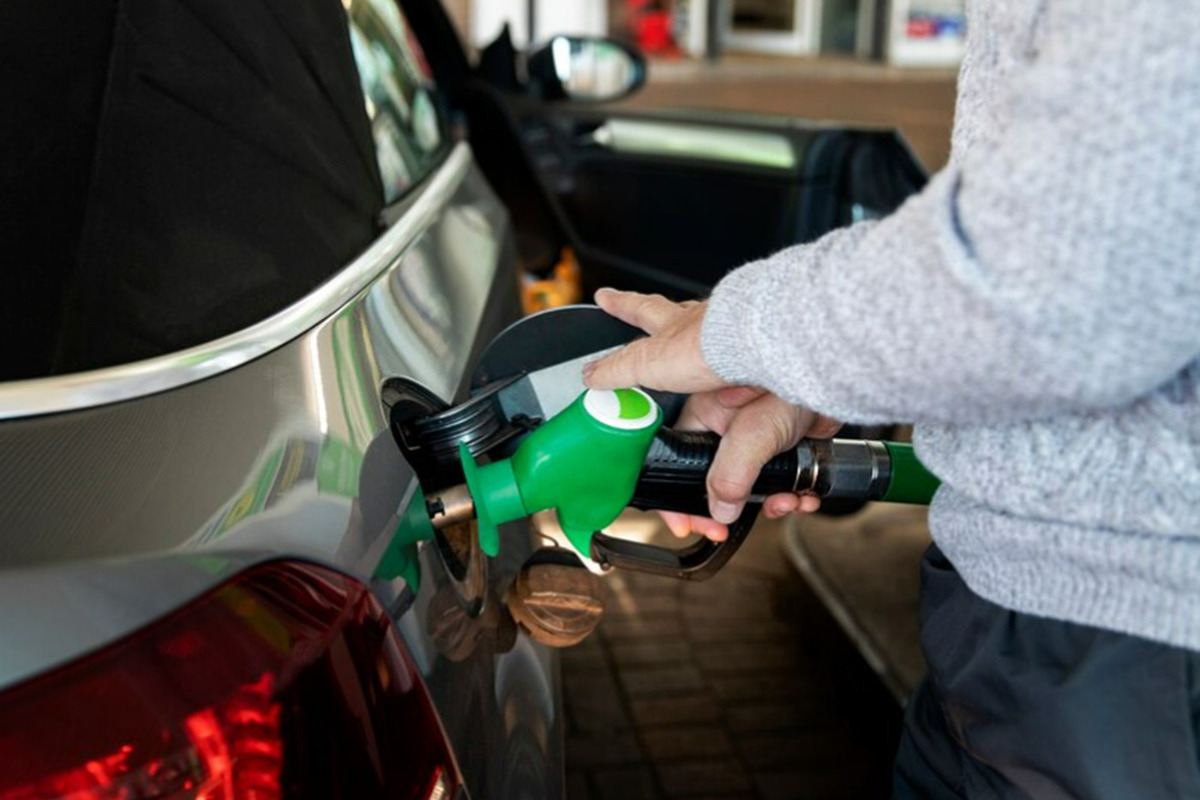The authorities are preparing to fight against illegal gasoline “nalivikas”
[ad_1]

Russian authorities intend to tighten control over mobile gas stations. However, it would be more accurate to say – to start a fight with them. After all, today no one knows exactly how many there are in the whole country. Experts give different numbers: from 1.5 thousand to 5 thousand. Although they pose a real threat to the environment, incomes and even people’s lives. There is no need to talk about compliance with technical regulations that apply at legal gas stations.
As noted in the minutes of the meeting of the State Commission for Combating Illegal Trafficking in Industrial Products, the transportation and sale of fuel “from wheels” itself can be dangerous, and gasoline or other types of hydrocarbons sold may be of poor quality.
There have been more and more such facilities in Russia lately. According to experts, in some regions of the country there are even more “gasoline liqueurs” than official gas stations, where the price of the goods corresponds to the quality.
The main reason for the popularity of mobile and container gas stations is low fuel prices, approximately 5-8 rubles per liter. In addition, such gas stations can be easily located away from a large city on a highway where there are dense traffic flows.
In general, in the absence of control by the authorities, it would be a sin not to take advantage of such “shadow” business. You don’t have to pay for renting a land plot, you can also save on salaries – such a business has no staff…
It would seem that issuing permits to organize mobile gas stations is the simplest solution to the problem. In the same way as, for example, licenses for selling alcohol are issued. Thanks to this, we know both the official turnover of this market and the approximate volumes of counterfeit goods.
However, the authorities do not yet plan to go down this path. They rely on the integrity of our business. For now, it will be enough for the regulatory authorities that the owners of “gas stations on wheels” notify them about the opening of sales points
The second step in the fight against gasoline “nalivayki” will be the identification of special places for the operation of such facilities and the approval of administrative penalties for violations.
In general, experts believe that current legislation is not at all ready to combat shadow gas stations. Laws need to be passed. In the meantime, even in large cities, in courtyards at night, you can find such a mobile “gas station.” Of course, local residents smell a specific smell and fear that such an illegal gas station could go up in smoke overnight.
According to Alexander Frolov, Deputy General Director of the Institute of National Energy, editor-in-chief of the InfoTEK portal, the state is quite capable of solving the problem of so-called gasoline liqueurs. The main headache here arises from the final recipient of such a product. Which, as a rule, you don’t understand what quality.
– What are these mobile gas stations?
– Anything. The most common option is that a regular Gazelle has a capacity of 200 liters, enough for six refills. After all, car owners usually fill the gas tank with 30-35 liters. Fuel with unknown physical and chemical characteristics is pumped into the container. The most unscrupulous sellers have two “guns”: for diesel and gasoline. And they pump this “fuel” from one tank. The diesel engine will start and even travel for several kilometers while it still has some diesel fuel left in the tank. But then that’s it, Khan. During this time, the mobile gas station manages to travel far – you won’t catch it…
– But where do they refuel, where do they get fuel from – not at an ordinary gas station?
– They can also use regular, say, AI-76 gasoline. Then it is diluted with other petroleum products or water. The seller will receive his profit. Theoretically, he may also have permission to do this activity, sell real motor fuel from some oil depot. But this is more theoretical.
They can refuel in “samovars” – these are underground oil refineries. The mixture of hydrocarbons that is sold as motor fuel can be obtained anywhere.
– What is the scale of this shadow business?
– This is not a general phenomenon, it’s just that in some regions of the country the gas station infrastructure is poorly developed. And if you consider that in the summer many city residents go to their dachas, away from civilization, then this business is quite thriving in the periphery. There is no need to pay for a plot of land where such trade is established; tax burdens are also avoided. They take advantage of the fact that the state does not control them.
[ad_2]
Source link






